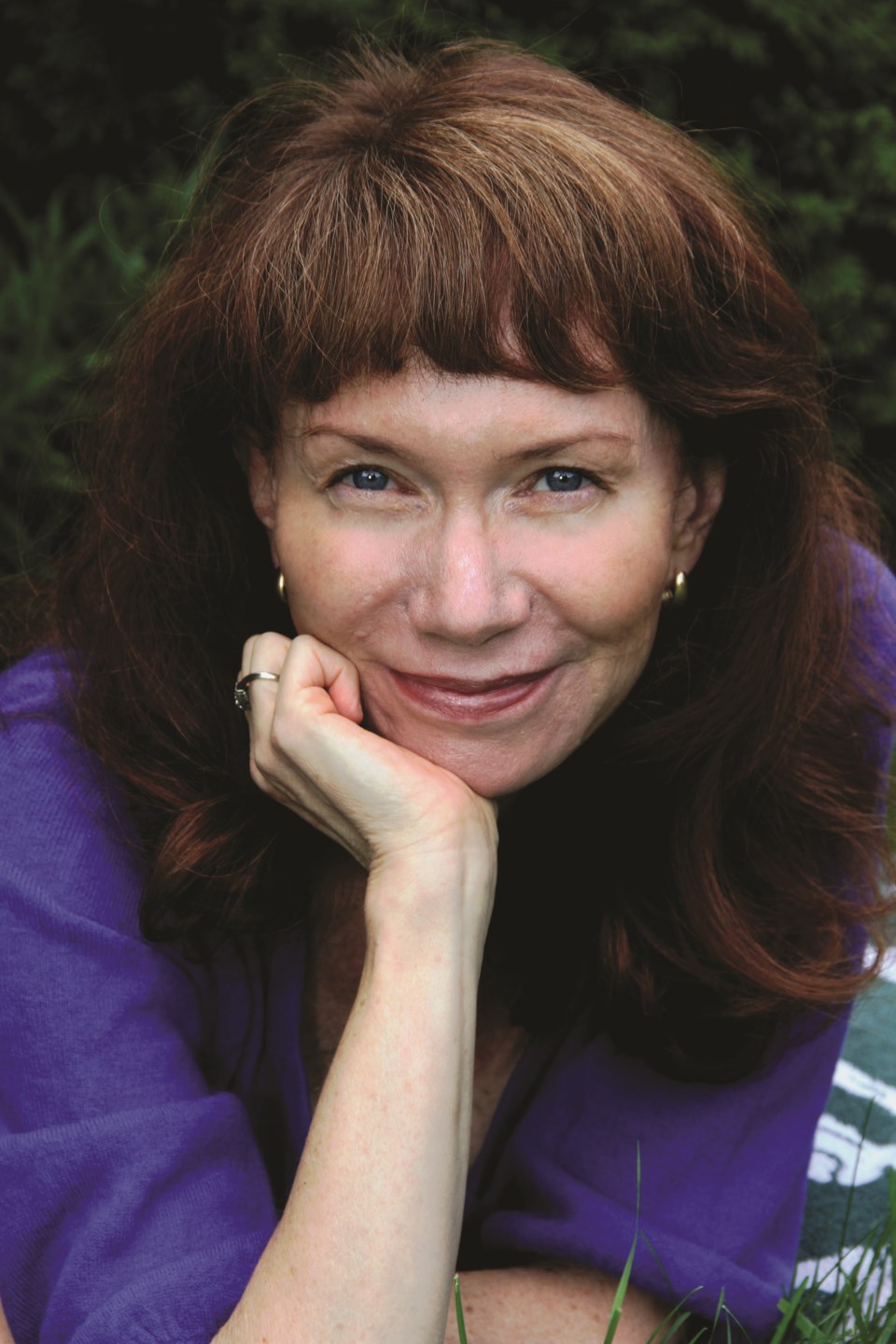As she neared the end of writing her latest novel, The Full Catastrophe, Méira Cook almost gave up.
“I was writing in search of an ending for a while,” she says. “I didn’t want to do something that the narrative seemed to insist that I do. For a while I thought, ‘I’ve written three quarters of the book and I have to give up.’ There was no ending I could think of that was appropriate.”
But in March 2020, she discovered it.
While Cook is careful not to give too much away, that unique date allowed her character, Charlie, a 13-year-old boy with intersex traits, to heed the advice of his 90-year-old Holocaust-survivor grandfather and become “a hero of his own life.”
“Writing can be so frustrating, but it’s exhilarating as well,” Cook says. “It always feels like you’re on this precipice. The story you have in your head and heart is not necessarily as compliant. I thought I knew the ending, but as I wrote, the characters were not being as malleable.”
The story focuses on that central relationship between Charlie and his grandfather Oscar. Despite being many decades apart, they’re best friends.
But there are other vivid characters as well: Charlie’s artist mother, their elderly neighbours, a mysterious classmate and even his needy dog.
It’s Charlie’s quest to arrange a much-belated bar mitzvah for Oscar that leads him on a journey where, at every turn, he’s encouraged to tell his own story.
For Cook, the framework for the story was exploring Charlie’s intersex characteristics and his loving relationship with this grandfather.
“I wanted to write about [his unique body] in a way that wasn’t spectacular,” she says. “In this case, it’s simply a body that’s special and unique—and his wonderful pediatrician steps in at the moment of his birth and doesn’t allow anyone to trespass on his body. He’s not given medical intervention. The pediatrician hopes he’ll grow into his body in the time it takes.”
His grandfather and mother similarly treat it as a non-issue.
While that plot required a ton of research, the details of which didn’t necessarily make it into the book, it was all sparked by a friend of Cook’s who confided in her that when he told his rabbi about his own transition, he was allowed to sit in the sanctuary, but no longer allowed to read the Torah, which is reserved for men in most orthodox congregations.
“My research taught me so much about abusive relationships, [with] medical reassignment surgery and the violent ways society imposes gender roles, but I continued to write about it because I didn’t want Charlie to be defined by his sexual characteristics. To me, that would repeat the violence,” she says.
Cook, who is originally from South Africa, set the novel in her adopted hometown of Winnipeg, in part because she wanted to feature a scene of the frozen Assiniboine River.
“One of the things the city has done for many years is create warming huts, designed by architectural firms and installation artists from all over the world … They’re extraordinary and very artistic interpretations of what space and hospitality means on a frozen river. Charlie’s mother, Jules, is an artist and has been chosen to create a warming hut, which she does,” Cook says.
However, with the scene set in the present, Cook was dismayed as she was writing to discover it was the first year the city had to cancel the event because the river froze too quickly to make it safe for people to traverse.
“I’m allowed one incongruent detail,” she says with a laugh.
The novel, her fourth (alongside her poetry), was released in June and has since garnered mentions everywhere from the Brooklyn-based Bomb magazine to Oprah’s website.
Next up: Cook is headlining the Whistler Writers Festival’s popular Saturday Night Gala, alongside author Iain Reid, on Oct. 15.
“I’m very excited about coming to Whistler and meeting other writers and readers,” she says.
For more information and tickets, visit whistlerwritersfest.com/festival.



.png;w=120;h=80;mode=crop)

